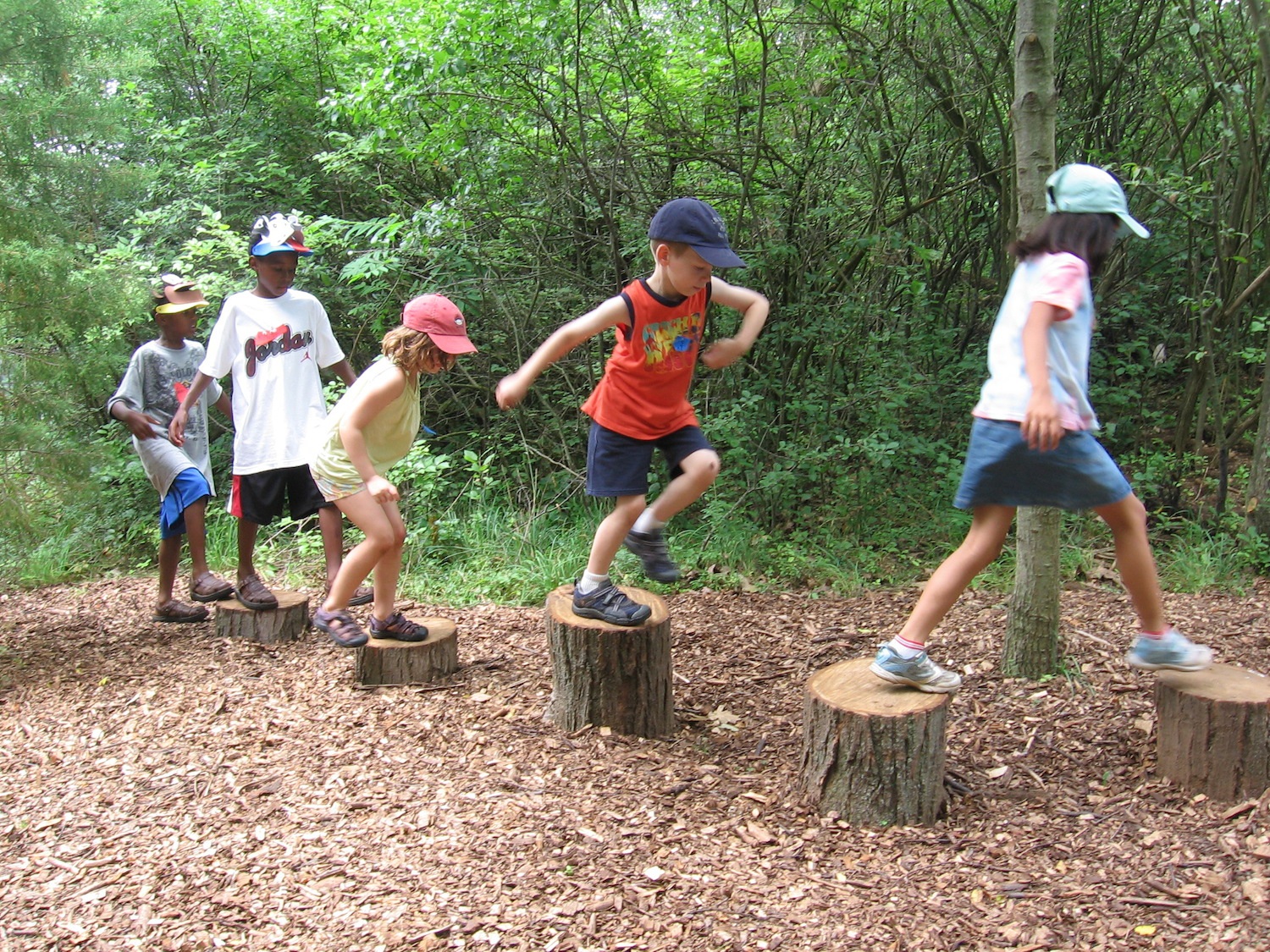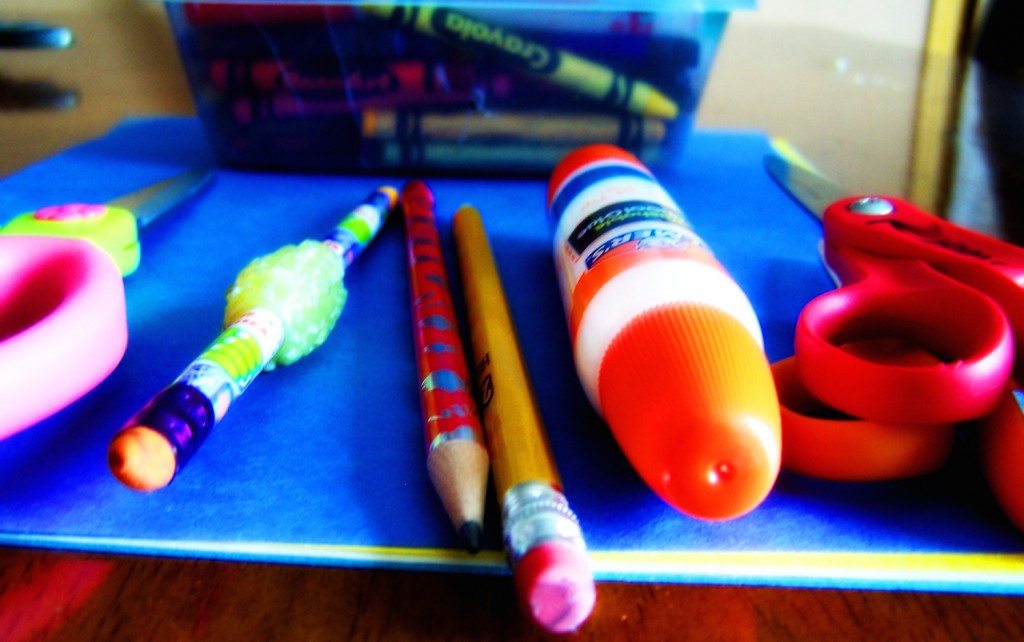
A Few Tips to Keep your Child Away from the “Summer Slide”
It is a common known fact among school teachers that children tend to forget a lot of material from the previous school year over the summer. On average they have to spend four to eight weeks re-teaching these same things and losing valuable time where your child could be learning something new. After doing some research we found that children lose the most knowledge in math, but reading also declines.
The most important thing to think about is that summer is supposed to be fun, so learning during these vacation months has to be structured differently than it is in the classroom. A focus on hands on activities and other indirect ways to keep their mind active is the key to successful summer learning.
Here are a few tips to keep your child from falling into the “Summer Slide” so they can start the school year with a fresh mind.
1. Plan trips or vacations with their curriculum in mind: Find out what they will be covering next year and see if you can visit a place that’s related. For example, if they are doing a unit on pilgrims you can visit Plimoth Plantation here in Massachusetts. Another option is Sturbridge Village which depicts a rural New England town in the 1830s, also in Massachusetts.
[caption id="attachment_3543" align="alignnone" width="713"] Plimoth Plantation[/caption]
2. Make other vacations an opportunity for learning: Just because you can’t go to a historical site doesn’t mean your child can’t engage in fun learning activities while on family vacations. Tell them to keep a journal of the trip with postcards, pictures and to write their experiences. This exercise is a fun way to keep up their reading and writing skills and also a way for them to fully appreciate the experience.
[caption id="attachment_3544" align="alignleft" width="321"]
Plimoth Plantation[/caption]
2. Make other vacations an opportunity for learning: Just because you can’t go to a historical site doesn’t mean your child can’t engage in fun learning activities while on family vacations. Tell them to keep a journal of the trip with postcards, pictures and to write their experiences. This exercise is a fun way to keep up their reading and writing skills and also a way for them to fully appreciate the experience.
[caption id="attachment_3544" align="alignleft" width="321"] Photo Credit: suzieshomeeducationideas.blogspot.com[/caption]
3. Math in the Outdoors: You can make almost any sport or outdoor activity into a math game. For example, you can play hopscotch with times tables or hold a basketball contest based on shooting baskets whenever they get a short math problem right.
4. Theater: So, what if you don’t have any plans for the summer? Make staying at home different and exciting by directing your children and their friends in a famous play. This way they will be learning classic literature, spending time with other children, and having a blast while they act out Shakespeare’s Romeo and Juliet or any other play they want.
5. Library trips: The Boston Public Library has activities for children almost every day. Check out this calendar which can be filtered by age group to find out what’s happening in the branch nearest to you.
6. Museum trips: The Museum of Fine Arts is free for children 7-17 on weekdays after 3:00 PM. Make it fun by planning a scavenger hunt or looking at the webpage before hand to see if there’s any exhibit your child is particularly interested in.
7. Arts and Crafts: Making an art project is a great way to teach your child how to read instructions, follow directions, and get a finished product they can be proud of. This website has a ton of ideas for crafts that require few materials and can be done at home.
Photo Credit: suzieshomeeducationideas.blogspot.com[/caption]
3. Math in the Outdoors: You can make almost any sport or outdoor activity into a math game. For example, you can play hopscotch with times tables or hold a basketball contest based on shooting baskets whenever they get a short math problem right.
4. Theater: So, what if you don’t have any plans for the summer? Make staying at home different and exciting by directing your children and their friends in a famous play. This way they will be learning classic literature, spending time with other children, and having a blast while they act out Shakespeare’s Romeo and Juliet or any other play they want.
5. Library trips: The Boston Public Library has activities for children almost every day. Check out this calendar which can be filtered by age group to find out what’s happening in the branch nearest to you.
6. Museum trips: The Museum of Fine Arts is free for children 7-17 on weekdays after 3:00 PM. Make it fun by planning a scavenger hunt or looking at the webpage before hand to see if there’s any exhibit your child is particularly interested in.
7. Arts and Crafts: Making an art project is a great way to teach your child how to read instructions, follow directions, and get a finished product they can be proud of. This website has a ton of ideas for crafts that require few materials and can be done at home.
 8. Enroll them in a summer learning program: Most parents have to work during their child’s summer vacation. If you don’t have enough time to plan daily activities this might be a great option. At IBA we have a Summer Learning Program geared towards first and second graders in which we engage students through different learning models, arts, reading mentorship, and other fun activities that will keep them learning and engaged. To enroll click here.
We hope this article was helpful and that your child has a great and enriching summer. If you think we missed any good ideas let us know and we will add them to this list.
Have a great summer!...
8. Enroll them in a summer learning program: Most parents have to work during their child’s summer vacation. If you don’t have enough time to plan daily activities this might be a great option. At IBA we have a Summer Learning Program geared towards first and second graders in which we engage students through different learning models, arts, reading mentorship, and other fun activities that will keep them learning and engaged. To enroll click here.
We hope this article was helpful and that your child has a great and enriching summer. If you think we missed any good ideas let us know and we will add them to this list.
Have a great summer!...
